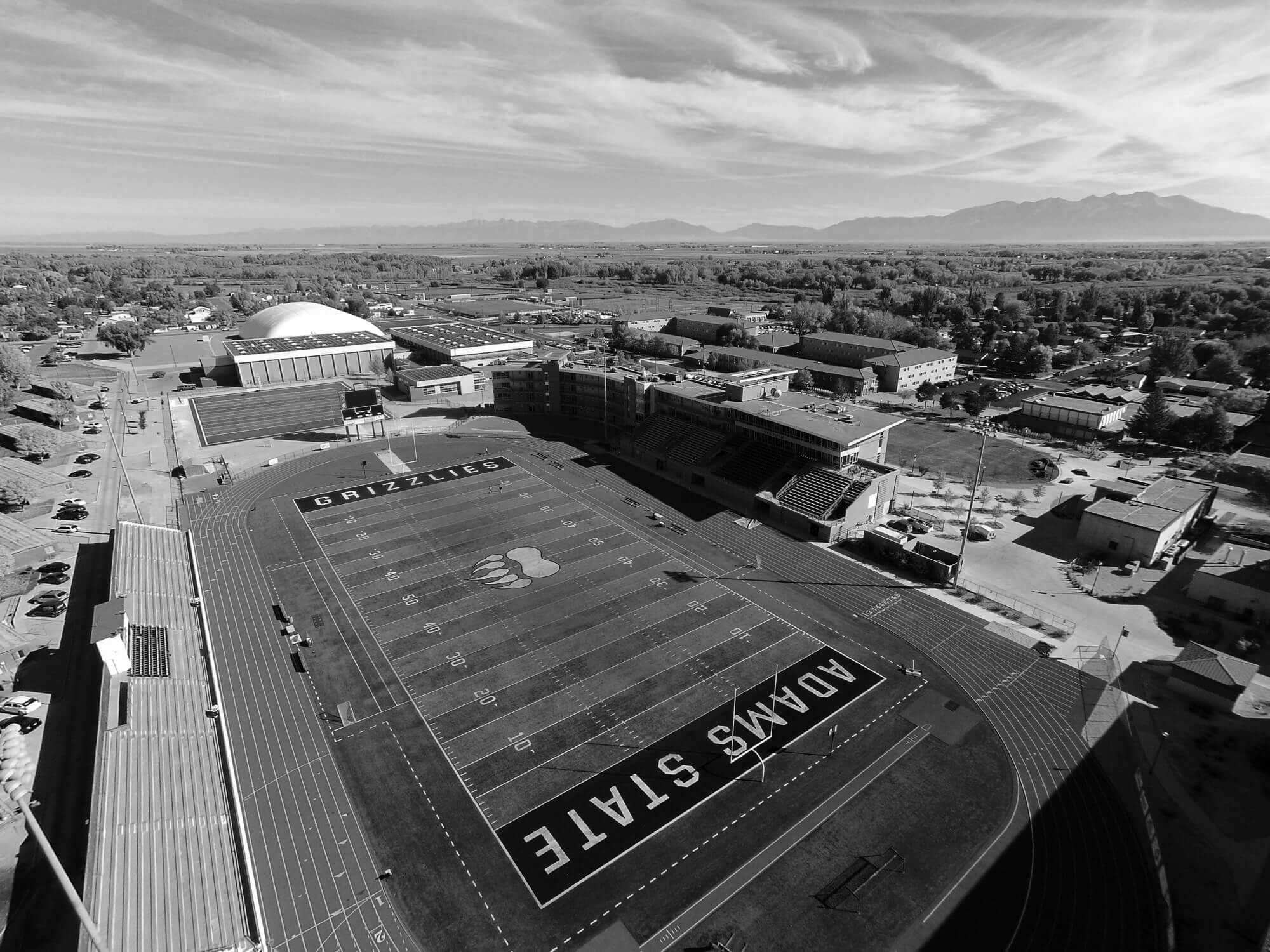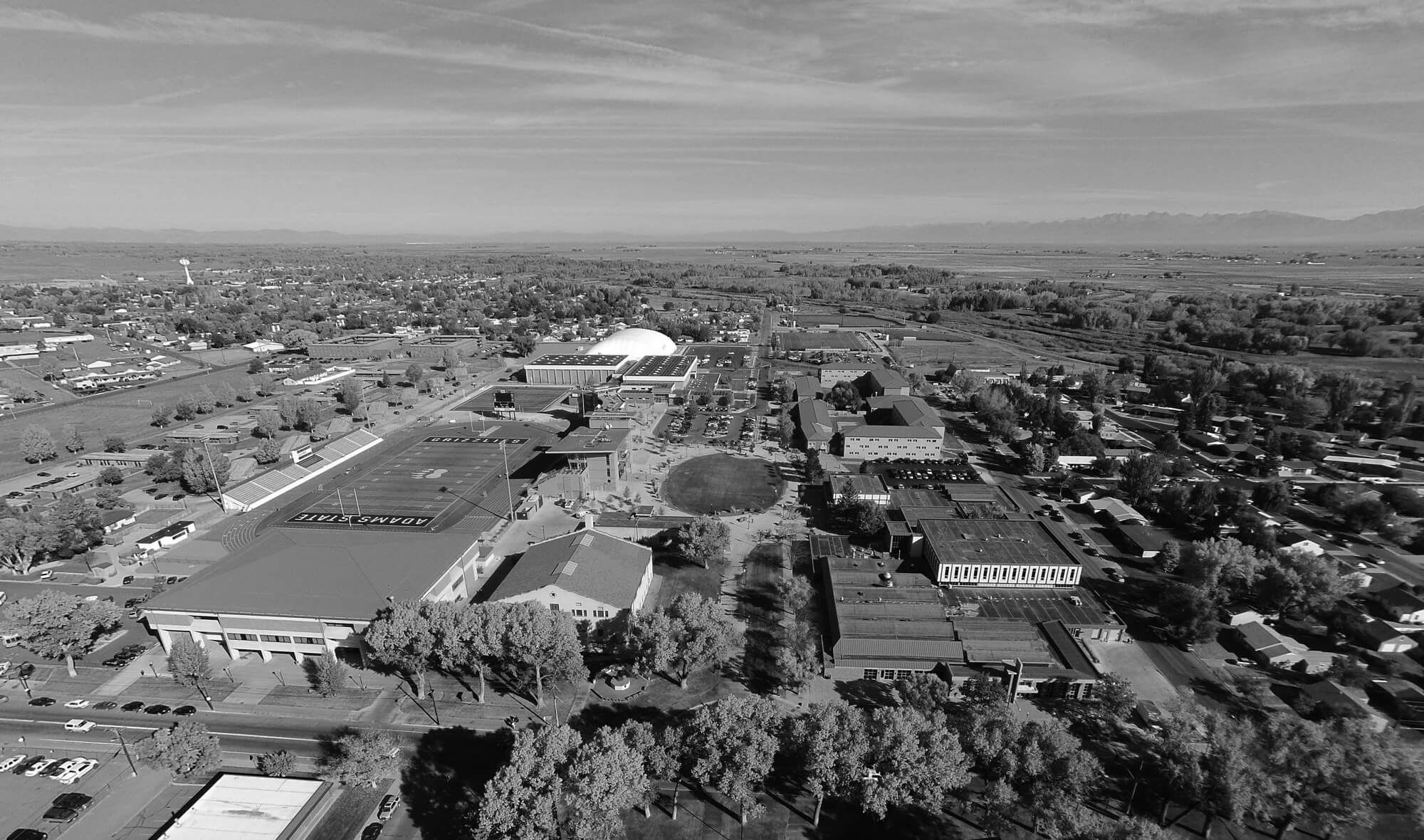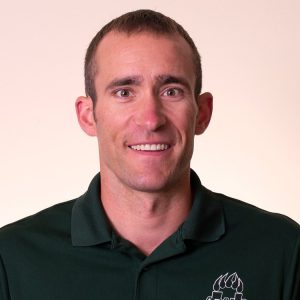Sport Psychology
Bachelor of Arts
Bachelor of Arts

The Mental Training Lab is used to test student-athletes in various ways, and thus, can be useful in tracking athletic performance and mental strength changes over time (e.g., different training seasons). Students in certain undergraduate and graduate Kinesiology courses are able to get “hands on” experiences in their field of study; students are both “subjects” and testers as they learn various testing methods.
Understand the role of the brain in human performance and apply psychological techniques and theories to human performance within diverse populations.



KIN 190: Sport Psychology (3 hours)
Sport psychology is primarily concerned with the interaction between psychological variables and exercise. This course will review this interaction by addressing variable that affect the individual athlete, influence sport and exercise environments, shape group processes, enhance health and well-being, improve performance, and facilitate psychological growth and development in sport participants.
KIN 350: Methods of Coaching (3 hours)
This course is intended to provide the foundations of coaching for a person who wants to coach at the youth, elementary, high school or college level. Through a series of discussions, readings, videotaped presentations, internet activities, and guest lectures from coaches in the San Luis Valley, the potential coach will gain the knowledge and skills required to be an effective coach. This course will address the many roles and duties a coach must accept to have the best impact he/she can have on the athlete.
The sport psychology undergraduate degree at Adams State kept me engaged in the two subjects I was most passionate about – applied psychology and exercise science – while preparing me for my graduate studies.